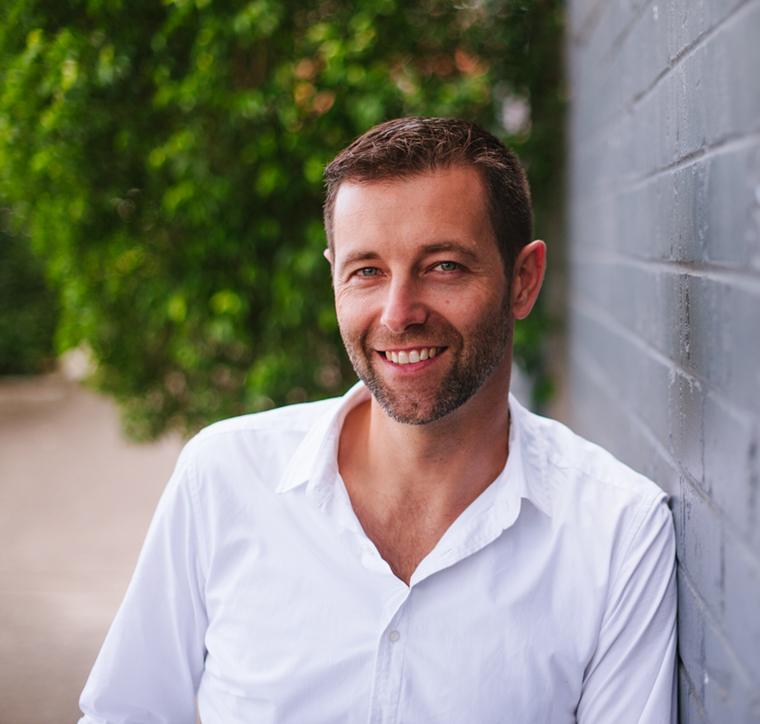Radical Fundamentals

Growing up, 'radical' was a word that described something that was really good. But these days well, it's not so cool. Now, if you are 'radical' you are probably being watched by the Federal police.
Recently, a 22 year old from Panania was arrested at Sydney airport aparently trying to fly to Syria to join ISIL. His contact with Islamic extremism was allegedly on line. DIY radicalisation is just a click away. A few years ago a Muslim from Parramatta was also radicalised by locals in his community. He was provided a pistol with which he shot and killed a Police force accountant named Curtis Chang. He was 15 years old.
Now this kind of behaviour is not representative of the vast majority of Muslims who love their children and want to live in peace. But it clearly is for a very small number who attract impressionable people indoctrinating them with an ideology that offers meaning, purpose and a twisted kind of redemption. We once found consolation in thought that this only happened overseas in an atmosphere of poverty, ignorance and abuse. But now, terrorists are home-grown.
The global cost of this wave of extremism is staggering. Up to 20,000 people have been directly killed by terrorism in the past 15 years and hundreds of thousands of people have been casualties of war. According to the UNHCR, the war-ravaged nations of Syria, Afghanistan and Somalia produce half the world’s refugees – 8.7million people have been forced to flee their country and a further 6.6 million in Syria are internally displaced.
In the last few days there have been celebrations in Iraq that the battle for Mosul is finally over. But since 2014, hundreds of thousands of Christians were forced from the city and the Biblical Nineveh Plain, abandoning their farmlands, villages, and towns for refuge in northern Kurdistan—or beyond Iraq’s borders. Most of their homes ransacked and set alight. Some of the most ancient Christian communities are for the first time in almost 2000 years, non-existent. It's all so very sad.
So is fundamentalism the problem? Is it wrong to be a radical?
I think that all depends what your fundamentals are and what you are radical about!
If your fundamentals are intolerance and the use of violent power to control others, then yes, fundamentalism is a problem. If your radicalised life leads you to take your weapon of choice and massacre innocent people because you disagree with them, the yes, your radical life is a problem.
But if your fundamental is loving people in tangible acts of kindness and treating all people with dignity and respect regardless of your differences. And if your radical life is one of humility, serving, generosity, and compassion - then I'm all for radicalised fundamentalism. The radical fundamental of Jesus and the early church was LOVE. Jesus' teaching on love remains unparalleled across history. But better still, it's the life He, and his followers demonstrably lived. Jesus said,
“A new command I give you: Love one another. As I have loved you, so you must love one another. By this everyone will know that you are my disciples, if you love one another.” (John 13:34-35)
Today, for those who are pursuing Jesus, our radical fundamental must remain centred on an ethic of love - if we are to reveal authentic Christianity. But words alone aren't enough. Love is a verb. Love is a life laid down in tangible acts kindness, a generous offering to those around us. It is as we genuinely love one another our world will know that we are disciples of Jesus.
And that is one radical life.












